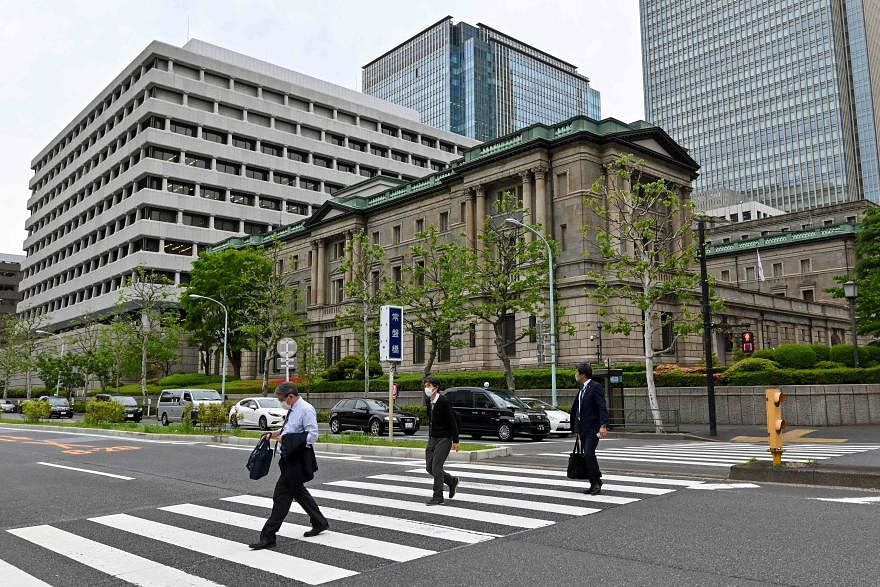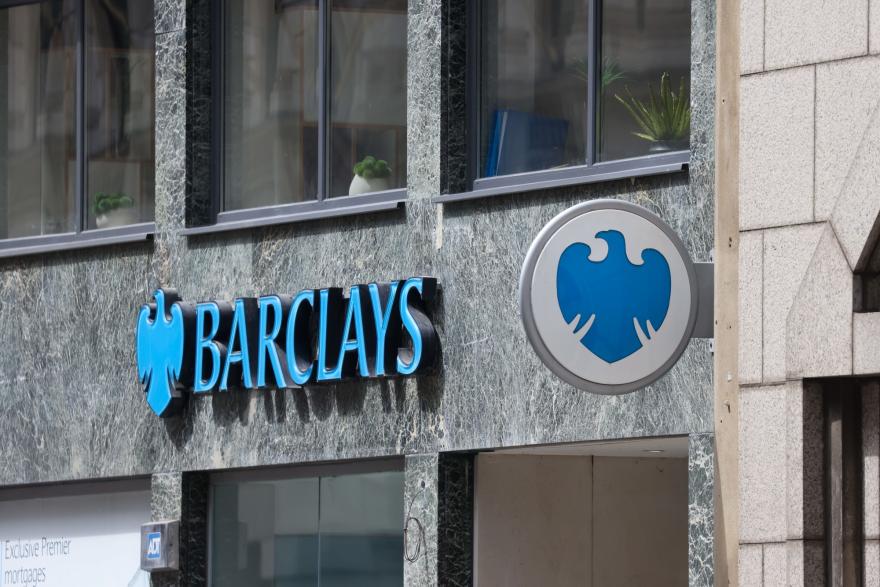FINANCIAL conditions in Japan will remain easy for the time being even after the Bank of Japan (BOJ) puts an end to the world’s last negative rate regime, governor Kazuo Ueda said.
“Even if we end minus rates, the accommodative financial conditions will likely continue” based on the bank’s economic outlook, Ueda said in response to questions in parliament on Friday (Feb 9).
Ueda’s comments were the latest by bank officials assuring market participants that any end to the negative rate would not herald a change in the bank’s basic policy stance. BOJ deputy governor Shinichi Uchida said on Thursday that it is hard to imagine the bank raising its policy rate continuously and rapidly even after the subzero rate regime comes to an end.
In emphasising continuity in monetary policy, officials have bolstered prevailing views that Japan’s first rate hike since 2007 is approaching. Ueda reiterated his view that once a stable inflation goal comes into sight, the bank will consider whether to end stimulative measures including subzero borrowing costs.
The International Monetary Fund (IMF) signalled support for the BOJ’s careful approach by recommending in an Article IV consultation report on Friday that the bank take a gradual pace for rate hikes once inflation is confirmed to be durable.
“There are downside risks to inflation and the data is mixed,” Gita Gopinath, the IMF’s first deputy managing director, told reporters in Tokyo. “It is absolutely important that the Bank of Japan is doing what it is doing, which is to move cautiously and to maintain very accommodative monetary policies.”
The yen weakened after Uchida’s remarks, which were considered dovish by traders before it fell a little more to touch 149.49 per US dollar the lowest level since November after Ueda spoke on Friday. If the yen weakens beyond the key threshold of 150, market speculation over an early change in the rate might gather steam. Authorities are keen to avoid adding cost-push inflationary pressure on households and small businesses.
Finance Minister Shunichi Suzuki said earlier on Friday that he will continue to closely monitor foreign exchange rates while adding that decisions pertaining to specific monetary policies should be left to the central bank.
Most of BOJ watchers expect the ditching of the minus rate in March or April. The bank delivers its next policy decision on Mar 19. BLOOMBERG







